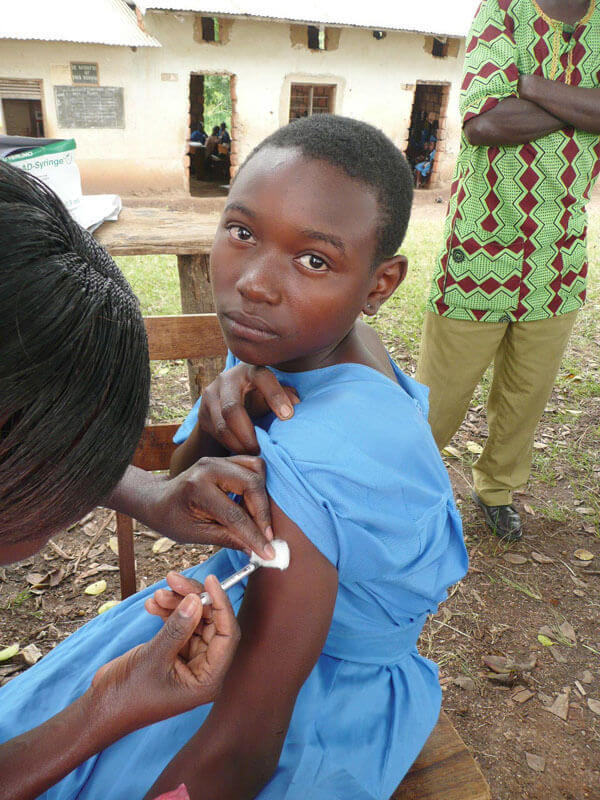Kat KelleyGHTC
Kat Kelly is a senior program assistant at GHTC who supports GHTC's communications and member engagement activities.
Virginia Commonwealth University (VCU) received a grant from the Global Alliance to Prevent Prematurity and Stillbirth, a member of the GHTC, to study the human microbiome in search of biomarkers to predict preterm birth. The human microbiome is comprised of all the microorganisms (i.e., bacteria) normally found in the human body and the genetic material of those microorganisms. The team at VCU will study the microbiome of women throughout pregnancy, assessing the impact of changes in the microbiome on pregnancy outcomes. Existing research has demonstrated a correlation between an imbalance in the vaginal microbiome of pregnant women and preterm birth, specifically for African Americans.
A recent study out of The Rockefeller University in New York could pave the way for a new treatment against human African trypanosomiasis (sleeping sickness), a disease caused by the Trypanosoma brucei parasite and transmitted by the tsetse fly. Once in the human bloodstream, the parasite evolves, and constantly changes the proteins on its surface so that the immune system can’t recognize it. The team at The Rockefeller University determined that by blocking bromodomains—a particular type of protein—through either genetic modification of the parasite or the use of a molecule known as I-BET151, they could trick the parasite into thinking it was still in the tsetse fly. Thus, the parasite would revert to the form it takes within the fly, making it much easier for the immune system to detect and attack it. The method was tested in sleeping sickness–infected mice, and those treated with I-BET151 survived much longer than their counterparts.

The world’s first vaccine against dengue fever—a mosquito-borne disease that causes fever, headache, and, muscle and joint pain—has been approved for use in people aged 9 to 45 by the national regulatory authority of Mexico. Nearly half the world’s population lives in dengue-endemic countries, and an estimated 390 million infections occur each year. The vaccine, which cost US$1.65 billion to develop over 20 years, is projected to generate $1.4 billion in sales by 2020. Sanofi, the pharmaceutical company that developed “Dengvaxia,” is currently pursuing regulatory approval in 19 other countries and has stated that the vaccine will be sold at a “fair, affordable, equitable, and sustainable price.”